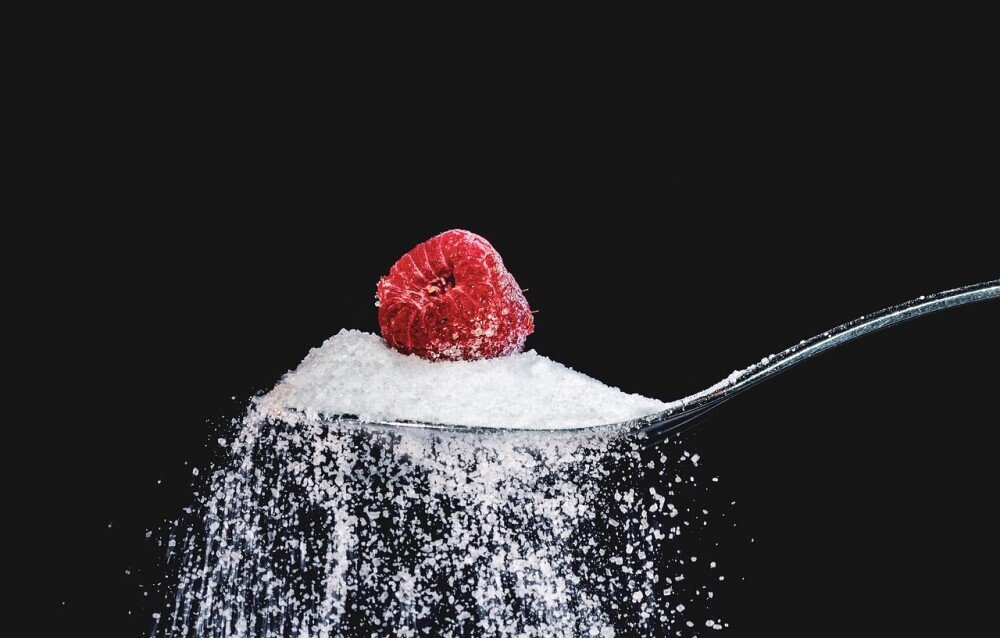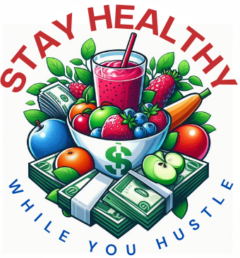What exactly is sugar addiction? Imagine craving sweets almost like some folks crave nicotine or caffeine. Sugar addiction is real and can grip you just as tightly. This section dives into what it means to be addicted to sugar and how to recognize it in your daily life.
Spotting the signs can be tricky, but there are telltale symptoms to watch out for. Ever notice how you reach for a sugary treat when you’re stressed or feeling down? That could be a sign. Regularly getting headaches, feeling jittery, or having mood swings can also indicate you’re hooked on sugar.
Comparing sugar addiction to other addictions might make you see it in a new light. Just like drugs or alcohol, sugar triggers the release of feel-good chemicals in your brain, making you want more. The cycle of craving, indulgence, and crash is eerily similar. Understanding this can help you grasp the seriousness of sugar addiction.

Health Implications of Excessive Sugar Consumption
Too much sugar can wreak havoc on your body, both inside and out. In the short term, it can lead to energy crashes, irritability, and even skin problems like acne. But the long-term effects are even scarier.
Over time, excessive sugar intake can pave the way for chronic health issues. Think type 2 diabetes, heart disease, and obesity. Your body’s insulin response gets all out of whack, making it harder to manage blood sugar levels naturally. This opens the door to serious medical conditions.
Sugar isn’t just bad for your physical health—it messes with your mind too. Elevated sugar levels can lead to mood swings, anxiety, and even depression. That sugar rush might feel good momentarily, but coming down from it can leave you feeling worse than before.
The connection between sugar and chronic diseases is undeniable. High sugar consumption is a major factor in the development of type 2 diabetes. It forces your pancreas to work overtime, eventually wearing it out. The risk of heart disease also goes up as sugar can increase inflammation and lead to high blood pressure.
Being aware of these health implications can be a powerful motivator to cut back on the sweet stuff. Recognizing the broader impact sugar has on both your physical and mental well-being is the first step to making healthier choices.
Hidden sugars are sneaky and can be found in places you wouldn’t expect. It’s not just about candy and soda; many everyday foods are loaded with sugar. Things like bread, pasta sauce, and even salad dressing can pack a sugary punch.
Learning to read food labels like a pro can help you spot hidden sugars. Check the ingredients list for anything ending in ‘ose’—that’s a giveaway for sugar. Words like sucrose, fructose, and glucose are just sugar in disguise. Also, watch out for syrups and anything labeled as ‘sweetener.’
Food companies have mastered the art of marketing to keep you in the dark about how much sugar you’re really eating. They use terms that sound healthier, like ‘organic cane sugar’ or ‘natural sweetener,’ but don’t be fooled. Sugar by any other name is still sugar.
Being aware of where sugar hides can empower you to make better choices. Switch out sugary products for healthier alternatives whenever you can. For instance, pick a pasta sauce with no added sugar or opt for plain yogurt and add your own fruit. Making small, informed changes can reduce your sugar intake significantly without making you feel deprived.

Strategies for Overcoming Sugar Addiction
Kicking a sugar habit isn’t easy, but it’s totally doable with the right game plan. Start by cutting back gradually. Going cold turkey can make cravings worse. Instead, reduce your sugar intake bit by bit. Swap out that sugary cereal for a healthier option like oatmeal. Choose water or herbal tea over sodas and sugary drinks.
Healthy alternatives can make the transition smoother. Fresh fruits can satisfy that sweet tooth without the added sugars. Natural sweeteners like honey or maple syrup can be used sparingly in place of refined sugar. Experimenting with spices like cinnamon or nutmeg can add flavor without adding sugar.
Building a solid support system is key. Whether it’s joining a group, chatting with friends who share the same goals, or seeking professional help, having someone to lean on makes a big difference. Even apps that track your food intake and cravings can be super helpful.
Reading success stories and testimonies from folks who’ve kicked their sugar addiction can be inspiring. It shows you that you’re not alone and that overcoming sugar addiction is possible. Sharing your own milestones, no matter how small, can also keep you motivated.
**Here’s a little transparency: Our website contains affiliate links. This means if you click and make a purchase, we may receive a small commission. Don’t worry, there’s no extra cost to you. It’s a simple way you can support our mission to bring you quality content.**
Sidehustlehealthhub.com doesn’t give medical advice, diagnose, or treat any conditions. The information on our website or from our brand is not meant to replace medical advice. Always talk to a healthcare professional before making any decisions based on what you read here.

Looking to turn your passion into an online business? Everything you need is one click away: easy-to-follow training, powerful tools, and a helpful community. Whether you’re just starting out or have some experience, Wealthy Affiliate guides you step by step to help you build and grow a successful online income. Join now and start your path to financial freedom!

